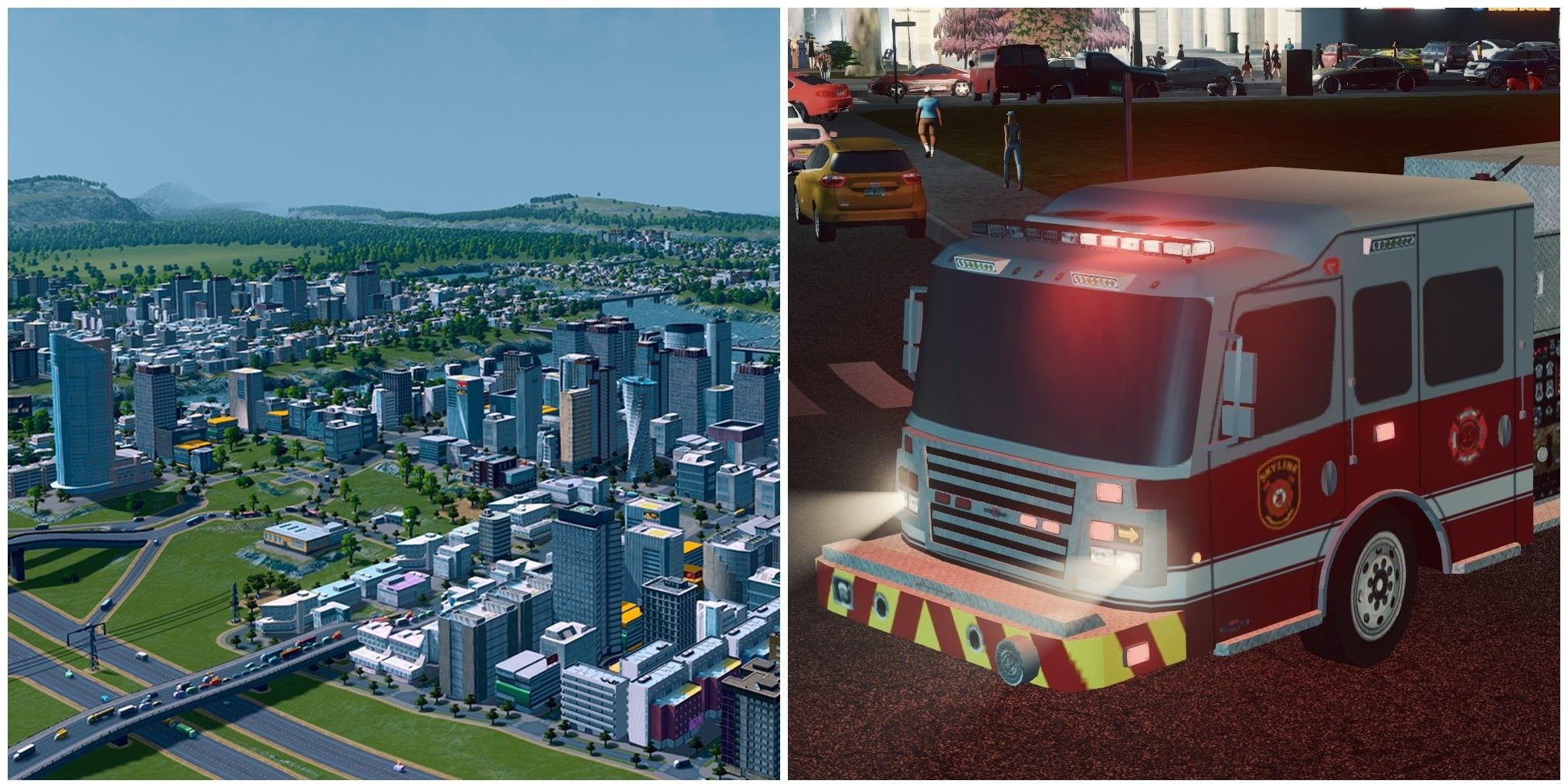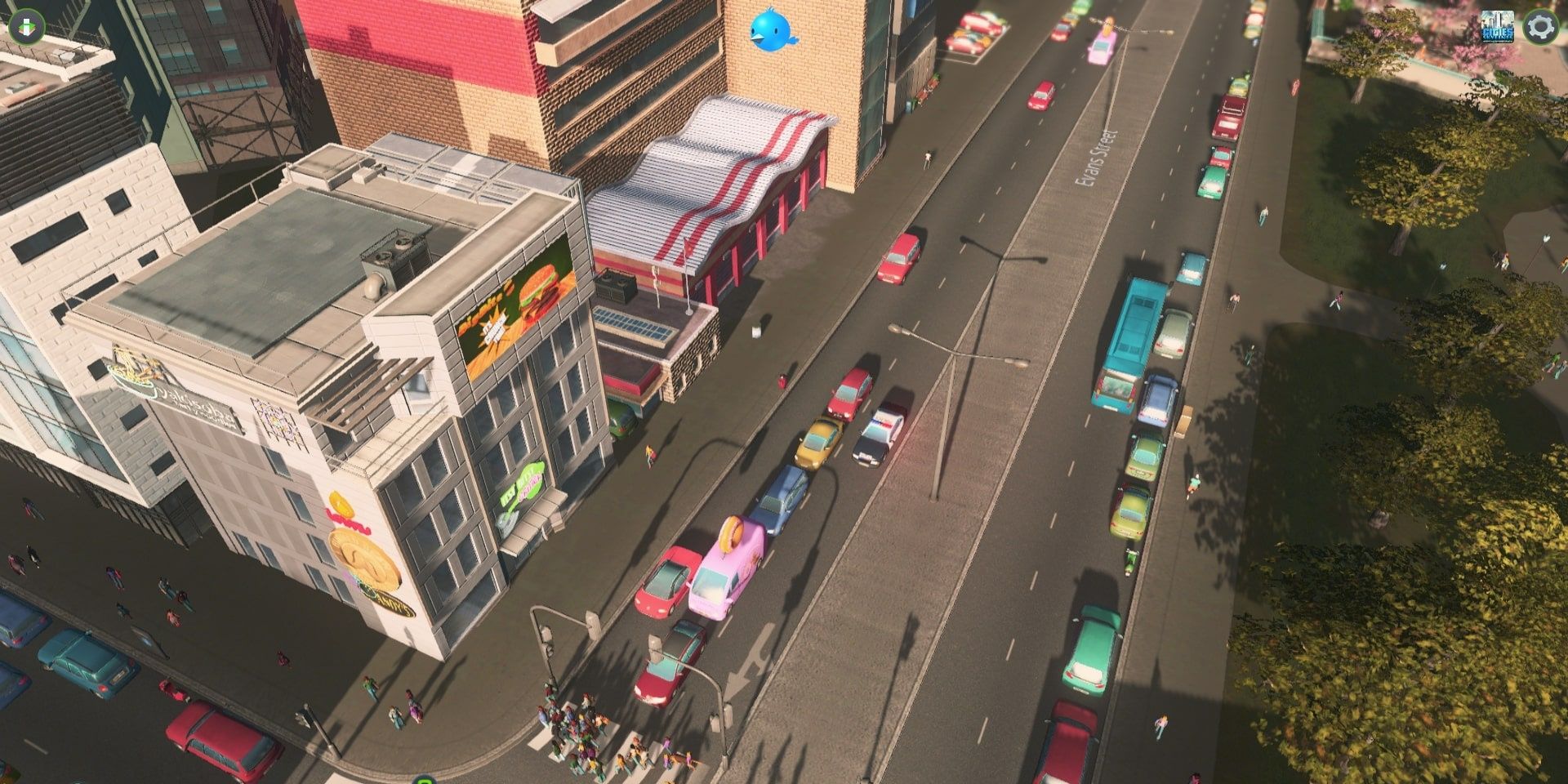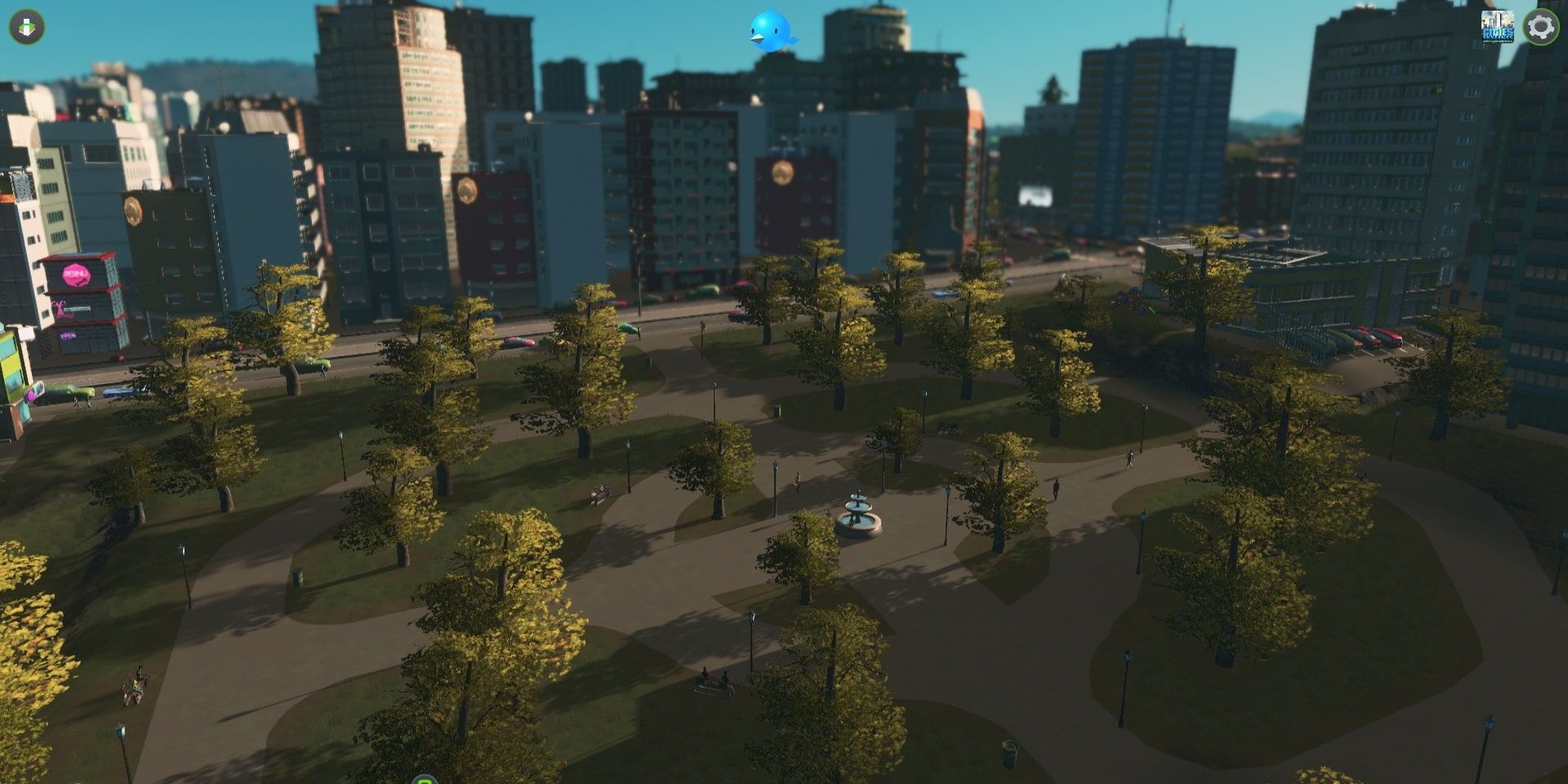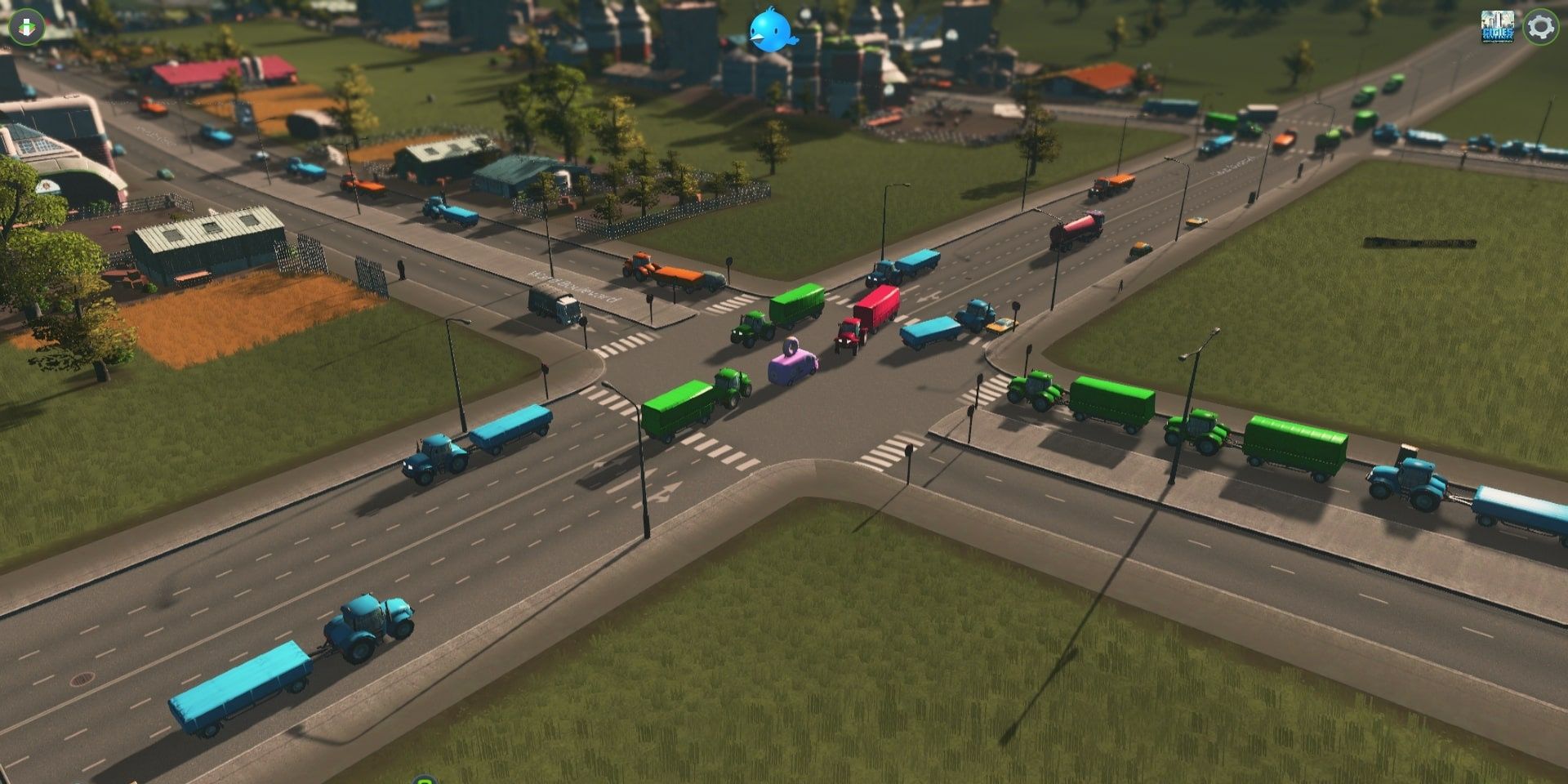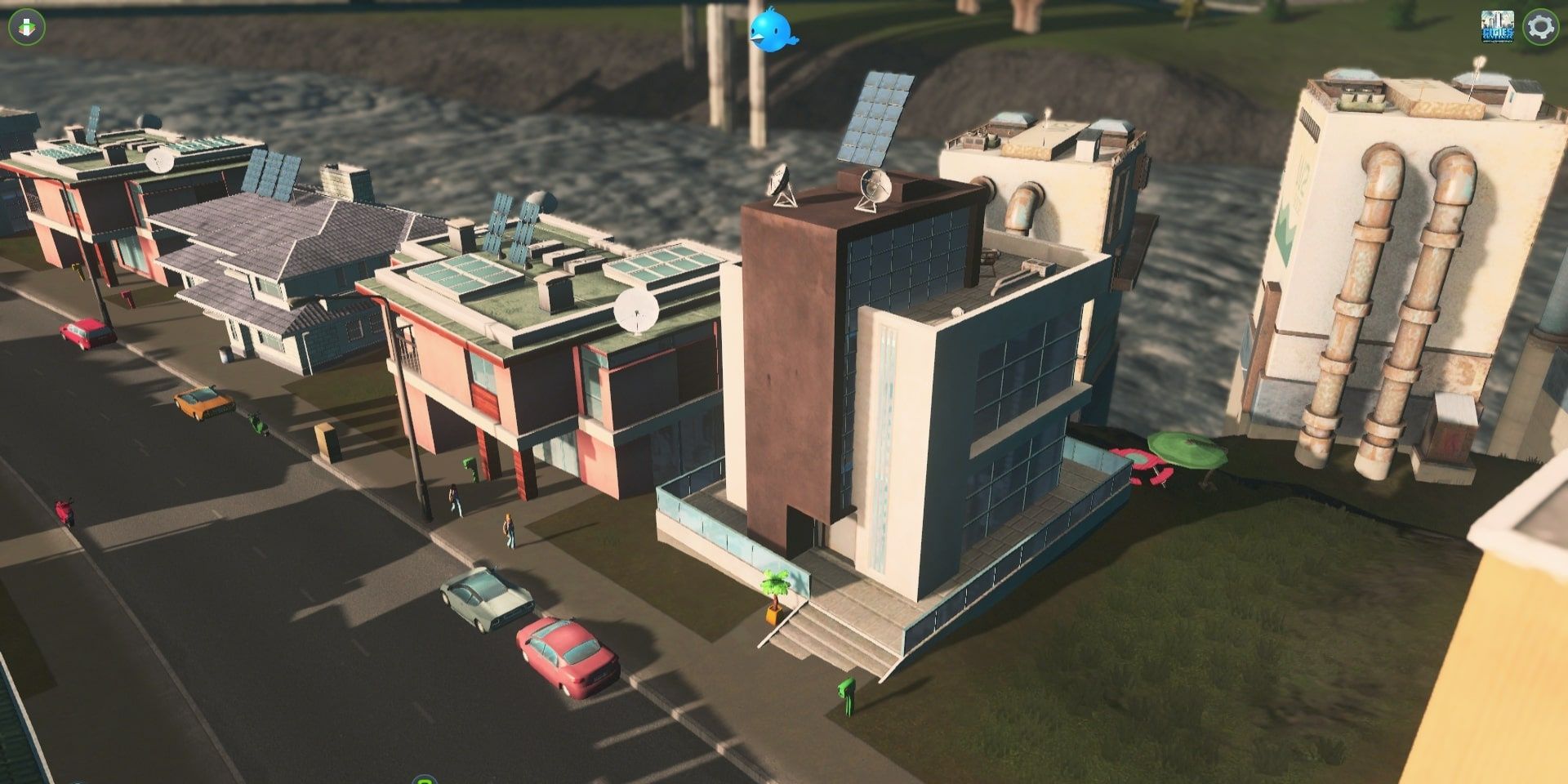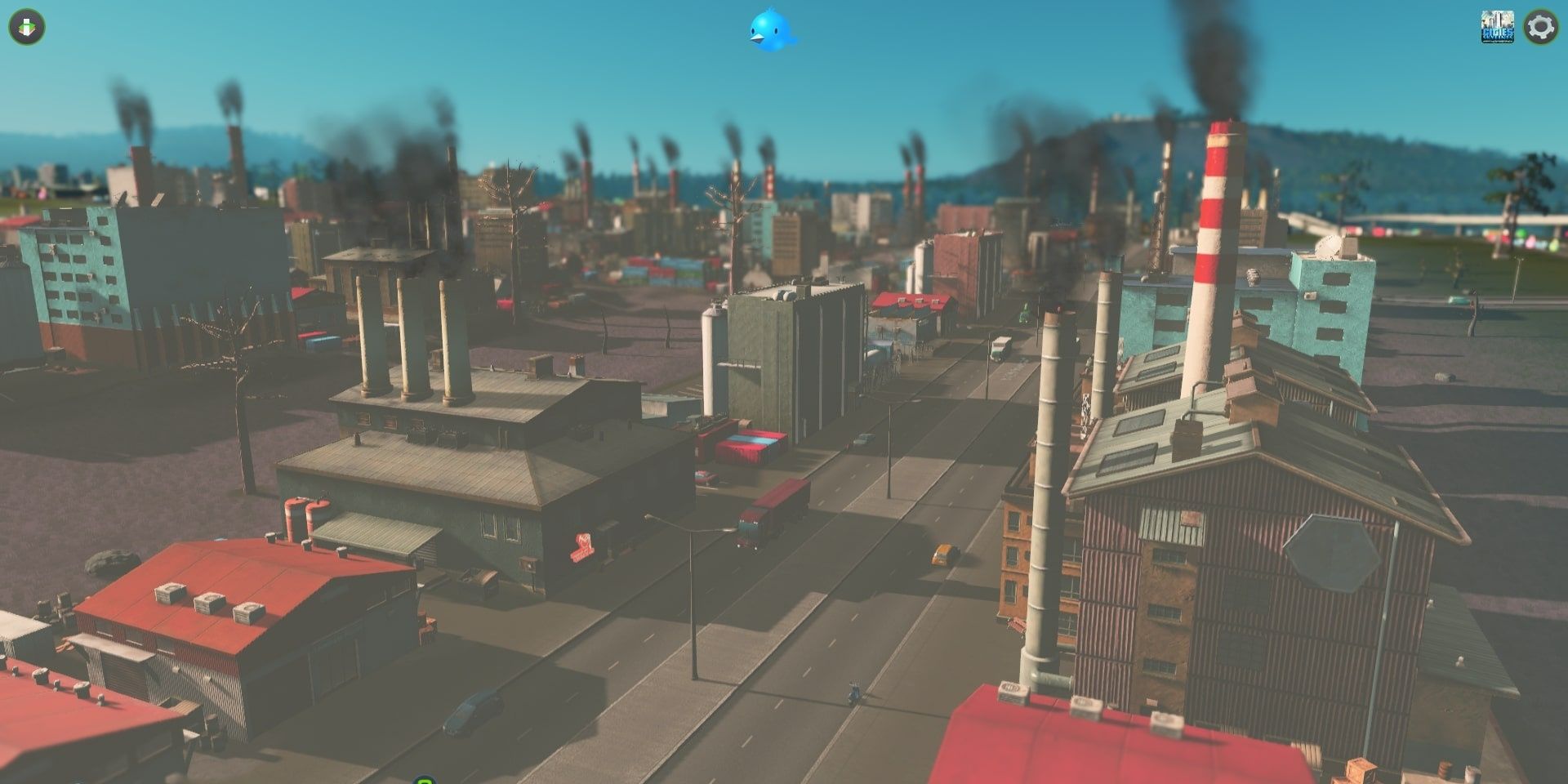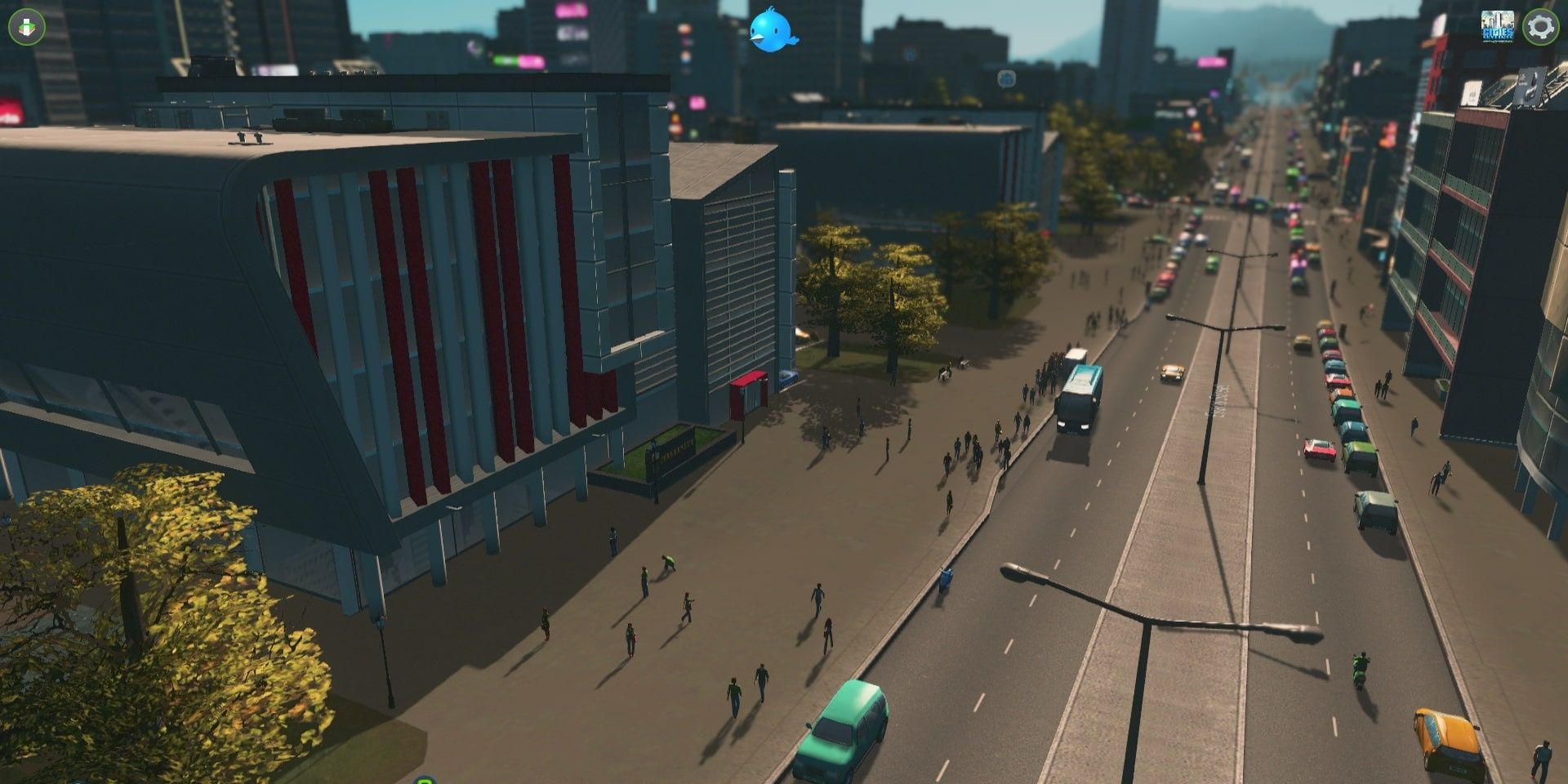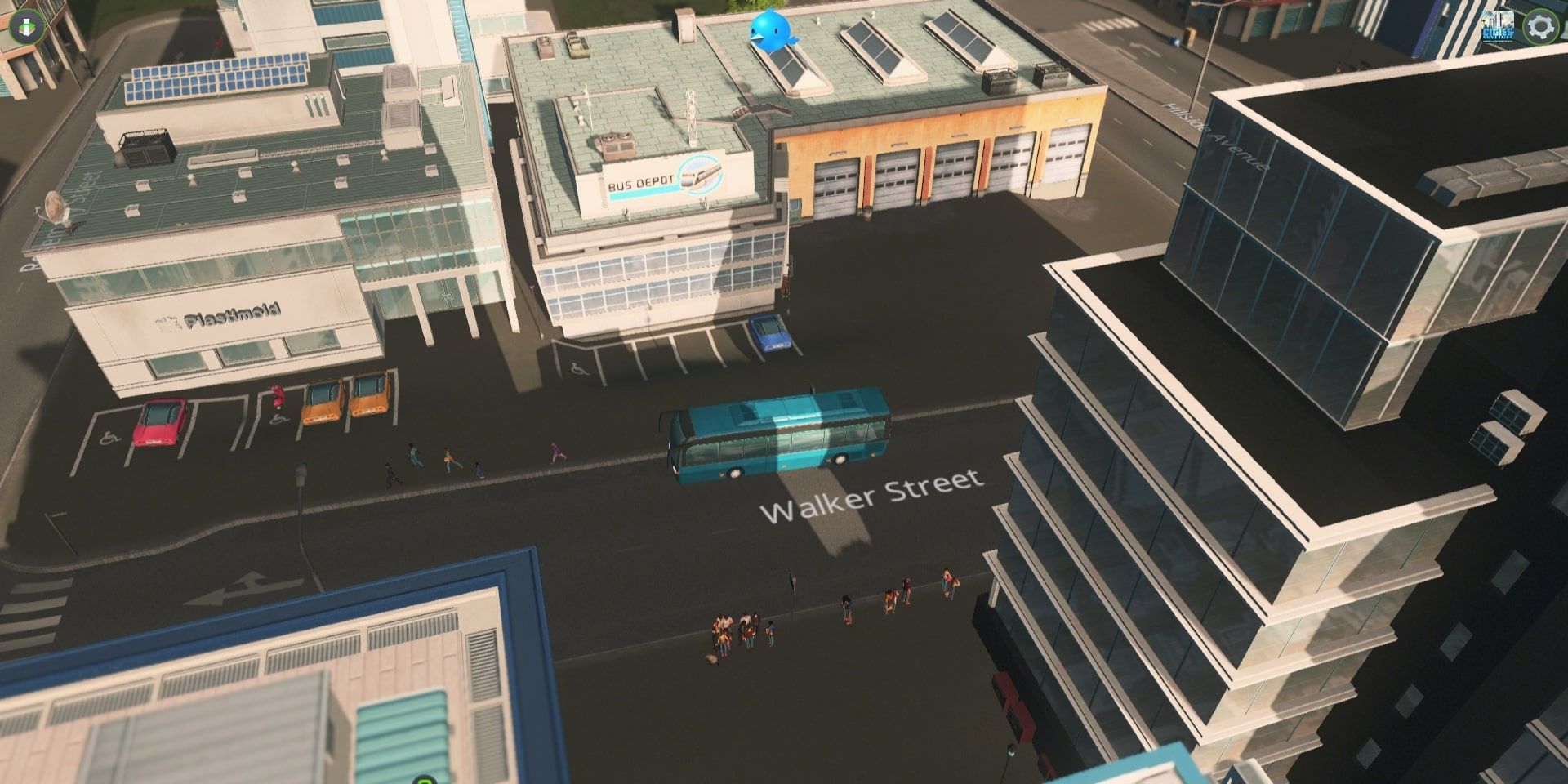When starting up a city in Cities: Skylines, there’s a long list of basic infrastructure that needs to be constructed and key services that need to be taken care of. If ignored, the new town will decline and collapse, but if tended to, the city will grow and prosper into a bustling metropolis.
As the city grows, players will unlock new policies that, as mayor, can be implemented to assist them in their efforts. With such a wide array of different policies available to players, it can be difficult to know which are helpful, and which are hindrances. As such, here are the best policies in Cities: Skylines when building up a new city.
9 Power Usage
Money is tight in the early game, and creating enough electricity to power the city can be a costly task. Despite the coal power plant being expensive and inefficient, players will be forced to build it as no alternative options are yet unlocked.
As the town grows, so too does its energy requirements, and constructing more power plants or increasing the energy budget will quickly drain the player’s cash. The Power Usage policy can help by reducing overall power consumption by 11%. This does cost ₡5 weekly upkeep per building, however, so it’s best used early on when power is in short supply and buildings are not too numerous.
8 Recreational Use
A policy that provides some useful benefits but is by no means mandatory, Recreational Use reduces crime rate, and boosts tax income and tourism. The drawback is that it raises the police department budget by 15%.
This may sound like a drastic increase, but policing and crime is not a major issue in Cities: Skylines, and several police stations scattered around the city should be enough to control crime, even in areas that aren’t directly covered. As a result, the budget hike isn’t too costly, and the increased tax income often makes a nice little profit.
7 Parks And Recreation
Especially useful for those who enjoy making their city as green and beautiful as possible, this policy increases the land value of areas around parks and plazas. This helps attract new citizens, and contributes to the leveling up of buildings.
The trade-off, much like Recreational Use, is an increase of 20% to the parks & plazas budget. Once again, this hike in the budget is not too impactful, as parks are some of the cheapest services in terms of upkeep, and some good value can be achieved by dotting parks around the city and using this policy to heighten their benefits.
6 Heavy Traffic Ban
The Heavy Traffic Ban policy allows players to select certain areas and roads that large vehicles and cargo trucks will be prohibited from using. This is useful early on if players are struggling with traffic flow coming from industrial zones, or if they want to relieve a quiet suburb from the burden of heavy vehicles.
However, it should be used with caution, as there needs to be an alternative route for heavy traffic to find its way around the city, including making deliveries to commercial zones and having access to a highway. This policy is best used to direct heavy traffic, rather than to avoid dealing with it entirely.
5 High Tech Housing
Similar to Parks And Recreation, the High Tech Housing policy increases surrounding land value. The key difference is that it doesn’t need the prerequisite of having a park nearby, and instead affects all residential buildings wherever they are in the city.
This can be a game changer, as it attracts tons more citizens and levels up buildings. Despite this, High Tech Housing’s major downside is that it has an upkeep of ₡4 per week per residential building, which can become really expensive due to the sheer number of buildings. If players have the money for it, though, it can be a powerful tool for city growth.
4 Smoke Detector Distribution
A policy aimed at fire safety, Smoke Detector Distribution significantly reduces the risk of fires at the cost of ₡5 per week per building. This can be particularly useful for industrial zones, which are prone to catching fire even with nearby fire stations.
While it is rather expensive, this policy is often worth it to prevent sprawling fires that could cripple an entire district. It also allows the player to cut back a little on their fire services, as firehouses can now be spread further apart while also retaining a relatively low fire risk.
3 Big Business Benefactor
Purely a financial-based policy, Big Business Benefactor doubles the sales of all high-density commercial buildings. This is absolutely massive, especially as the city expands and more high-density commercial areas are zoned and constructed.
This policy has a weekly upkeep cost, but it can be largely ignored, as in most situations the increase in tax income will more than make up for it. The version for low-density commercial zones, Small Business Enthusiast, is also highly effective, but doesn’t compare to the financial gain of the high-density policy.
2 Education Boost
Education is a very important aspect of Cities: Skylines, as office and commercial zones need a strong supply of educated workers to run successfully. The Education Boost policy makes young adults prioritize getting an education rather than entering employment straight away.
Players should use this policy if they lack enough highly educated workers. It can be particularly effective after placing a university for the first time, as it encourages most eligible citizens to use the new facility. The only drawback is an increase to the education budget by 25%, but the additional costs are worth it to build up an educated workforce.
1 Free Public Transport
A helpful solution to the ever-present traffic problem in Cities: Skylines, the Free Public Transport policy does exactly what it says on the tin. It encourages citizens to use public transport instead of driving on the roads, and can significantly reduce the overall volume of traffic.
In a game where managing traffic flow is always important, this can be an invaluable method of keeping the roads as clear as possible, which in turn allows services like garbage collection and emergency vehicles to function much faster and more efficiently. It will be expensive, so it’s important to have developed a strong income, but it can make a world of difference when it comes to late-game city management.
Cities: Skylines is available for PS4, PS5, Xbox One, Xbox Series X/S, Windows, Linux, macOS, Nintendo Switch, and Google Stadia.

